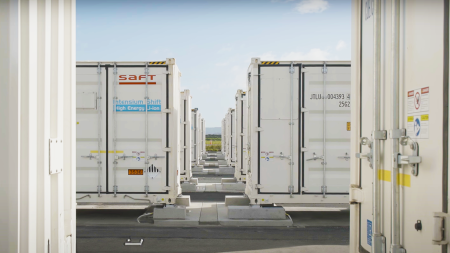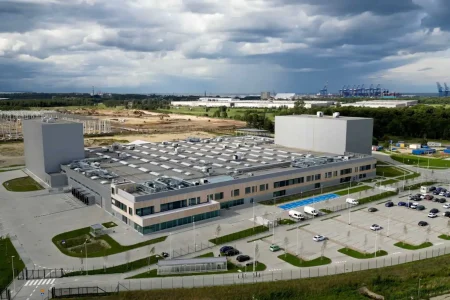Nuclear power plants (NPPs) are scrutinized for their role in future energy systems dominated by renewables. Recent findings by the Energy Systems of the Future (Esys) project argue that the viability of nuclear power may increasingly depend on its ability to produce hydrogen as an adjunct function. This raises critical questions about cost-effectiveness and the integration of nuclear energy with clean technologies.
Germany’s historical reliance on baseload power plants, including nuclear and large lignite coal plants, is witnessing a paradigm shift. The past decade has seen a fundamental change in electricity generation and consumption patterns, largely predominated by renewables like solar and wind. Esys researchers assert that a continuous baseload demand will no longer exist, supported by findings indicating that solar, wind, storage, flexible consumption, and residual load power plants can ensure a reliable and climate-friendly power supply.
Major changes loom for baseload power plants with forecasts showing a decline in hours of full utilization from over 3,000 to below 800 per year. This is a significant factor in deemphasizing traditional baseload plants’ role. Industry experts advocate for residual power plants, capable of being tapped during outages or low renewable generation periods termed “dark doldrums.” Flexible gas turbine power plants, particularly those powered by hydrogen, become viable options in this scenario.
Despite certain European countries opting for a mix of nuclear and renewables, the financial feasibility of nuclear power remains contentious. New nuclear power plant costs vary significantly based on safety standards, labor costs, and waste management considerations. Notably, the Esys study highlights that nuclear power retains a cost disadvantage against renewable technologies. This disparity is even more pronounced without specific governmental subsidies as many renewable projects prove viable, especially with rising CO2 prices influencing the market.
For nuclear power to maintain relevance and achieve substantial operational hours surpassing 7,000 annually, researchers point towards hydrogen production as a potential avenue. Utilizing periods of high solar and wind availability, nuclear plants could redirect efforts towards generating “red hydrogen,” a CO2-efficient product according to the EU. However, challenges persist, such as high production and water costs associated with red hydrogen compared to green, blue, or grey alternatives. Recent data shows red hydrogen costing between 3.30 to 6.80 euros per kilogram, a stark contrast to the more economically viable solar energy-driven green hydrogen, which could be as low as one euro per kilo due to cheap solar power.
Water demands for producing red hydrogen exacerbate the operational challenges. With approximately 414 liters required per kilogram, this process significantly exceeds the water needs of other hydrogen production methodologies and poses a risk amid climate-driven water scarcity. Given these considerations, the timeline for nuclear power resurgence is critical. Delays in either reactivating dormant plants or constructing new facilities will further constrict nuclear power’s market space.
In political realms, the proposed moratorium by Friedrich Merz on dismantling Germany’s last inactive NPPs reflects the uncertainty and complexity surrounding nuclear power’s future role. Nevertheless, any foreseeable action, whether reactivation or new construction, remains undetermined within the current political term, underscoring the time sensitivity and strategic calibration needed in advancing nuclear power as a complement to renewable energy systems.








